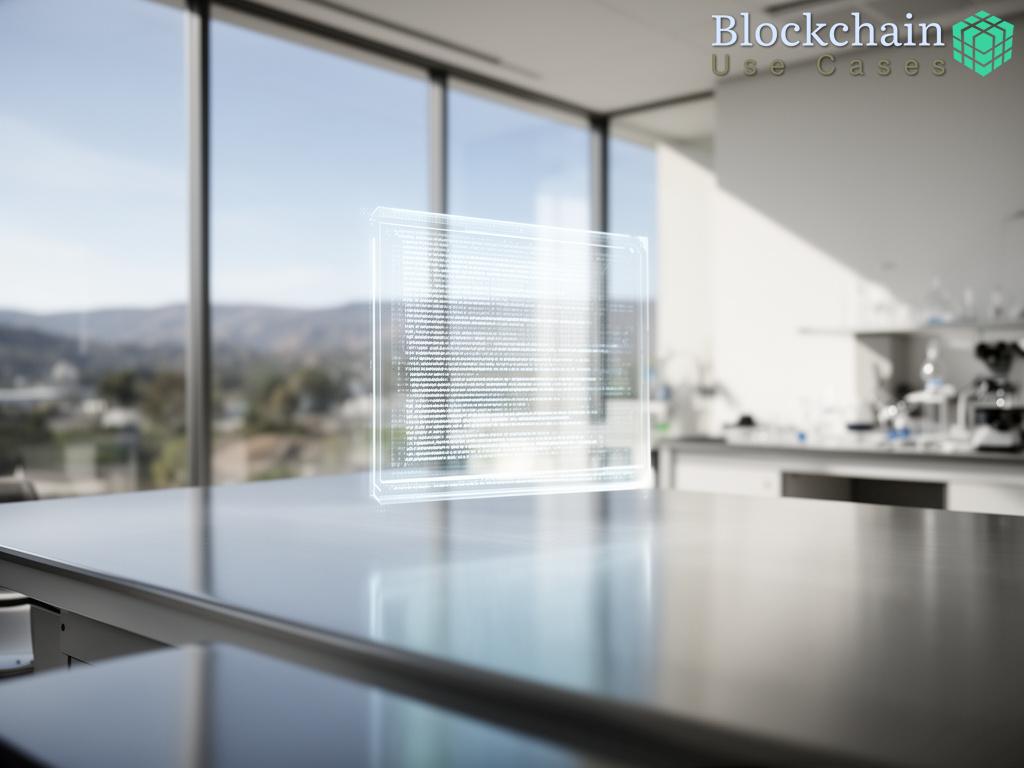Transforming Patent Maintenance
In the age of digital innovation, the landscape of intellectual property management is evolving rapidly. One of the most groundbreaking advancements lies in the integration of smart contracts with patent renewal processes. This novel approach not only streamlines operations but also enhances transparency and security for inventors and businesses alike. With the growing complexities of patent law and the ever-pressing need for efficiency, automated systems are emerging as the solution of choice.
How Smart Contracts Work in Patent Renewals
Smart contracts are self-executing contracts with the terms of the agreement directly written into code. By leveraging blockchain technology, these contracts facilitate trustless transactions and automated processes without the need for intermediaries. For patent renewals, this means that deadlines can be programmed into the smart contract, triggering automatic payments and submissions to patent offices. This reduces the risk of human error, late fees, and even patent lapses.
The benefits are manifold. Here’s a comprehensive list highlighting how smart contract-based systems outperform traditional methods:
- Efficiency: Automatic processing eliminates paperwork and delays.
- Cost-Effectiveness: Reduces administrative costs by minimizing the need for legal consultations.
- Transparency: Blockchain’s immutable ledger ensures every transaction is recorded and verifiable.
- Security: The decentralized nature of blockchain protects against fraud and unauthorized access.
- Global Accessibility: Patent holders can manage their renewals from anywhere in the world.
The Future of Intellectual Property Rights
As industries continue to embrace digital transformation, the potential of smart contract-based systems in patent management is profound. Innovations in artificial intelligence and machine learning can further enhance these systems, predicting renewal timelines and optimizing patent strategies based on market trends. The future landscape of intellectual property rights is being reshaped, providing a promising horizon where inventors can focus on innovation rather than administrative hurdles.





